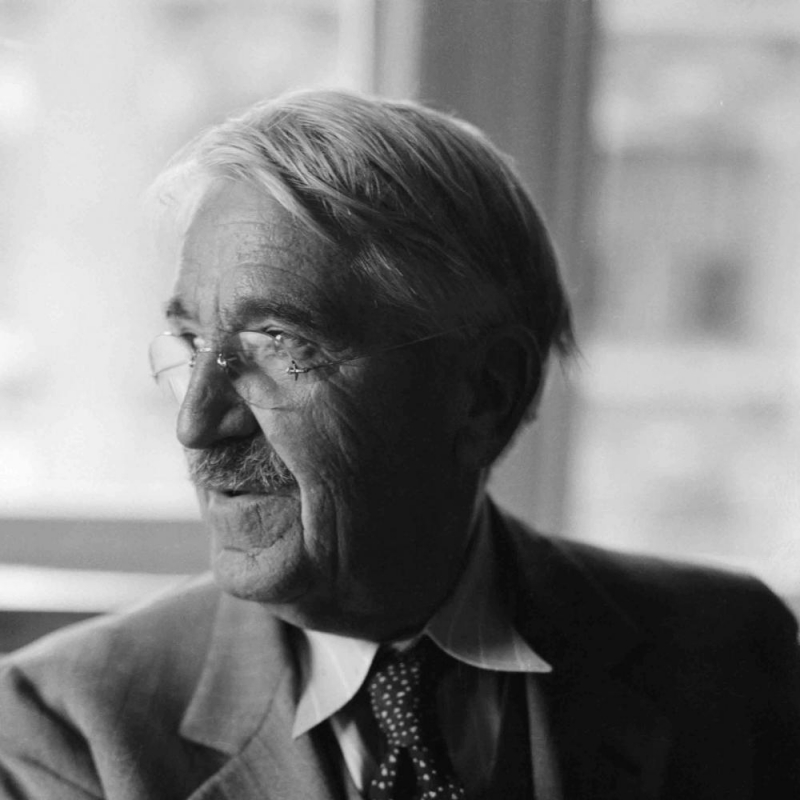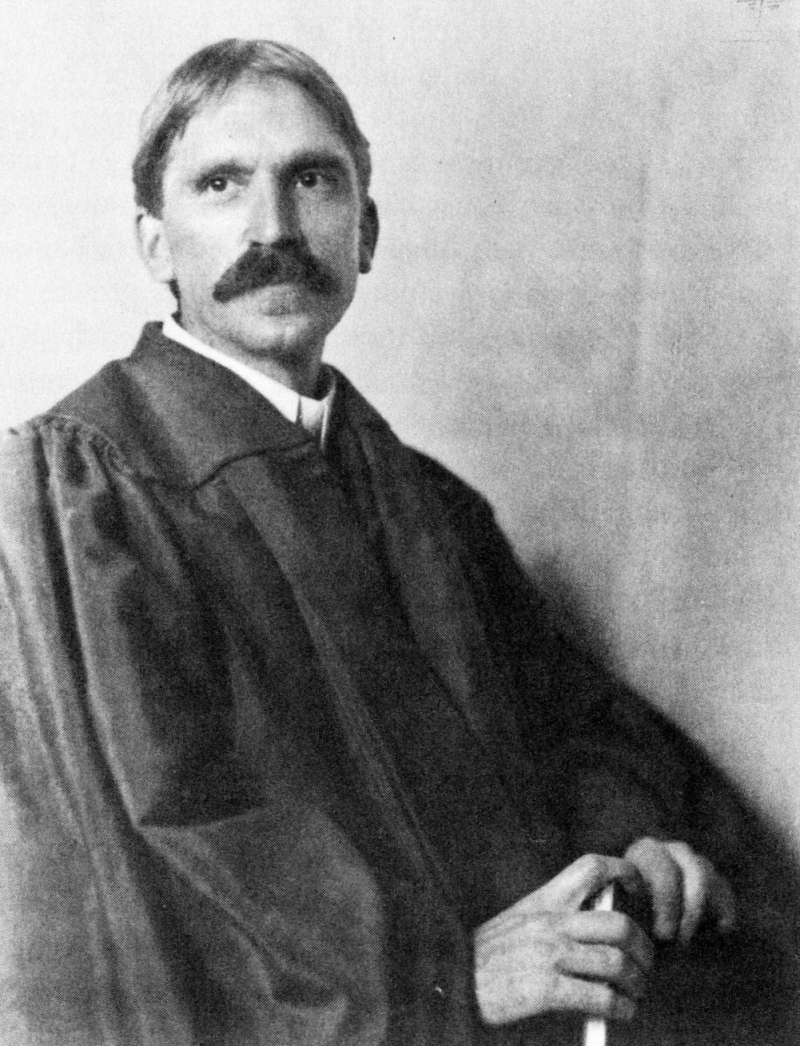He became an important figure in educational reform
It is a fact that he became an important figure in educational reform. Democracy and social reform are frequently mentioned in Dewey's educational writings. Dewey makes a compelling case for the value of education as a place to learn not only academic knowledge but also how to live. In his opinion, the goal of education should not be to acquire a predetermined set of abilities, but rather to realize one's full potential and the ability to use those skills for the greater good. He observes that "to prepare him for the future life means to give him command of himself; it means so to train him that he will have the full and ready use of all his capacities" (My Pedagogic Creed, Dewey, 1897).
In addition to assisting pupils in reaching their full potential, Dewey recognizes the importance of education and schools in bringing about social change and reform. "education is a regulation of the process of coming to share in the social consciousness; and that the adjustment of individual activity on the basis of this social consciousness is the only sure method of social reconstruction", he writes. Dewey had particular beliefs about how education should take place within the classroom, in addition to his thoughts about what education is and what influence it should have on society. Dewey analyzes two significant opposing schools of thought in educational pedagogy in The Child and the Curriculum (1902). The first is curriculum-centered and focuses almost entirely on the subject matter to be taught. According to Dewey, the primary fault in this paradigm is the student's inactivity; within this framework, "the child is simply the immature being who is to be matured; he is the superficial being who is to be deepened". He contends that in order for education to be most effective, content must be given in such a way that the student may relate the information to earlier experiences, therefore reinforcing the relationship with this new knowledge.






